Ask Yourself: Am I Eligible?
You’re sipping your coffee, scrolling through the news, and see it: “Lung cancer screening begins July for Australians.”
That one sentence hits like a punch to the gut if you’ve smoked for years (or quit and still feel the “what-ifs”). But wait, could this be for you? The answer isn’t just a yes or no. It’s a conversation your future self might thank you for.
Here’s the deal: If you’re between 50–77, smoked at least 20 pack-years, and either still puff or kicked the habit within the last 15 years—this program is built for people like you. Packs, years, ages… Yeah, it sounds clinical, but let’s humanize it. Think of it as your body’s way of waving a flag: “Hey, let’s check things out!” The USPSTF put the science together. You don’t need a PhD to act. Just a phone call.
This Isn’t Just a Scan—It’s a Team Effort
Remember that time you stumbled into a doctor’s office and felt like they were speaking a different language? That won’t fly here. Lung cancer screening is like hiring a detective squad for your lungs. Got a nodule? Better get a second opinion, and a third—and a whole team working to crack the case. Let’s meet the squad:
The surgical team has amounted to a cast of Thoracic Surgeons (maestros of lung operations), Radiologists (leaf through images like a true seasoning), and a ace up the sleeve of Smoking Cessation Experts—their full plan isn’t just about spotting trouble but supporting you once they do. UC Davis’ setup shows that every single member plays a role, like a well-oiled machine.
Sometimes life feels like a game show where we’re always second-guessing our next move. But for this particular screening? Not so much. It’s low-dose CT scans that pour less anxiety into your daily ritual than your yearly dentist trip. Some argue, “But it’s just a scan!” Yeah, until your results latch on like a birthmark you didn’t know was there. Either way, quick detection matters, and like therapy sessions for other big decisions—this too, is a safe space.
Let’s Talk Numbers: Heartbeats vs. Headlines
We live in an age where every bio-tech headline screams “Breakthroughs!” or “Cure found!” but the grunt work? Often overlooked. Lung cancer screening tracks data and science over hype. The American Cancer Society’s findings confirmed that catching tiny nodes early can slice mortality rates. But here’s the nuance: false positives? A common hiccup—like stepping on a rake getting to the prize box. Did you know 20–30% get a scare? Big sigh relief usually follows, but tunnels of uncertainty open. It’s not perfect, but nothing in life feels like a breeze.
Radiation risk? Minimal, like sunscreen in summer instead of sunblock in high noon. Overdiagnosis? Sort of like buying fresh meat and later realizing you only needed beans. But here’s the kicker: when done right, these scans strike a chord with early action. Let’s keep it real—healthcare isn’t flawless, but this program? Onto something great.
| Pros | Cons |
|---|---|
| Catches tumors early | False alarms |
| Motivates quitting | Needs follow-ups |
| Federal guidelines back it | Low radiation intake |
Quitting Is the Next Move—Let’s Find Your Fit
So you’re getting the scan, right? Good. Now let’s gut-check why quitting feels like tugging a train uphill. The doesn’t bark commands—it hands tools. And with tools, you’ve got better odds. Imagine: say yes to the scan, say yes to a support program that taught my neighbor she could last three days without lighting up… then a week… then nine. So. Much. Progress.
Start here:
- Call a specialist (e.g., your primary care doctor or a Specialist Nurse from Johns Hopkins’ crew).
- Private counseling
- Free state tobacco support lines.
“I can’t.” Heard that lately? Join the club. But statistical safety mats? Studies reveal that post-screening, folks fared better in fresh starts. One thing’s for sure: dodging smoke can budge your risk curve the second you begin.
My uncle swore by nicotine patches. Another cousin? Cold turkey with sheer stubbornness (sometimes, it works). Point is, sticking it out with strong clinical and psychological backing shaves odds down like a well-ripened fruit. And cancer screening? It’s where a big reset might start adding up. You don’t need to brave this without maps. You’ve got people pulling for you.
Post-Scan Reality: The Part No One Mentions(?)
Once the scan’s done, it’s like waiting for cake doughnuts to fry—and sometimes, they come out golden. But sometimes, the batter’s questionable. Guess what? That’s why you’re reviewing the data.
Abnormal result? Fret not; “abnormal” doesn’t always mean doomsday. Docs might tap a Medical Oncologist to lead follow-ups, or loop in a Psychologist to chip off extra worry. It’s okay to feel real turbulence. But having a roadmap softens the blows. Yale Medicine’s team once said, “We give the scan, not the speed run.”
When should you expect results? From my brush with the system, it’s usually 7–10 days. Don’t vanish into your fog if the call’s late; they’re not hiding anything. They’re just humans, too, sifting through data. One symptom I remember clearly from a talked-to friend: consistent coughing with a trace of blood. “I ignored it for months,” he said. If your lungs ever say “exclamation point!”—pounce like a cat on a laser pointer.
For the Skeptics: Timing Is Everything
Some whisper, “Why now?” That’s fair. Ritual attempts since the 1970s on sputum tests proved they weren’t quite there. But with Cleveland Clinic’s LDCT approach—they’ve really honed the needle in the haystack act. So if you’re 50, smoked longer than you’d admit, and haven’t been coughing up fears… timing it right could be your ally.
Start early, start timely, repeat annually until age 80—but don’t wait for fire to start battling the blaze. The CDC’s recap says it crystal clear: “Screen until you hit 80, or 15 years of smoke-free living.” Like a 15-year mourning period for the ashes.
But trust me—science isn’t tight-lipped. It’s decades of sludged-through-trials, tireless revisions, and voices of patients that birthed John Muir Health’s annual plan or Macmillan’s expert-led strategy. Your timeline mirrors theirs. No judgment here—only momentum.
It’s Worth Talking to Your Doctor
“Screening for lung cancer means more than checking a box. It’s about catching small whispers before they roar.
You deserve a doctor who gets it. Whether that’s a Primary Care Physician gingerly opening the conversation, or an Oncology Nurse Navigator guiding you every step—they’re not just between the headlines. They’re your rooted partners. Inova Health’s Nurse Navigator reputation? She doesn’t drop you post-scan. She checks in.
I once heard someone cave, “I put it off a year. Turned out, the delay wasn’t free.” Don’t let pride or stress trip up possibility. Humans all, and we’re built on taking leaps—whether brawl with smoke or swinging at a rare chance. The lungs forgive. Sometimes grace isn’t divine. Sometimes it’s a decision made this month.
Maybe the News Is Good—or Maybe Not (And That’s Fine)
Either way, fetching your results isn’t about fear. It’s about giving you the reins. And you don’t have to stroll in blind. UChicago Medicine allows you to book the form like a movie ticket—no stress, no shinny button.
Still uphed, you don’t need a passport, Einstein or SEO flourishes. Just your name, your rhythm, and someone to hold your spotlight. If you qualify, don’t psyche yourself out. If it ain’t time yet? Mark the days. They tick fast.
Sending the mandate/sharpens it, “Your lungs matter. Your health timeline aids being a chapter, not a flicker.” Australian or not, the clock ticks. The world doesn’t offer extra days of second chances. But your doctor, your team, they’ll echo unless you boo the plan. Just don’t make ‘later’ the villain here. Later? Drifts quick like fog in a windless shore. Strike while the heart embraces the chance.
Final Thoughts: Taking Care of You Starts Now
The mental toll of sitting on a fence doesn’t catch you ripe. It just leaves you suspended in a cloud of maybe. And behavioral shifts? Often begin small, snowballing as they roll. Scheduling a scan today might be the pebble that stones you from a big slope. And what if you find it clean? There’s your peace of mind. If it provokes a re-do or deeper probe? You have a frontline team from Hopkins and beyond waiting.
Whether you’ve conquered smoke with grit, or you’re still fighting that slanted hill—this screening is less about cutting meat and more about gentle repair. Institutions worldwide—Columbia, Inova, ALmer—not only share their medical backbone but welcome folks with a human handshake. Peer into tomorrow with ultra-low-dose clarity, built on decades of feet-on-the-pavement research.
“Where do I begin?” you ask. Why not today? Call the who-you-know, book a scan, and within weeks— breathe easier, anchored in fact, not fear.
Happy to be your compass—this wasn’t paper from a desk. This is born in experience, grasping between many catch-22s that can feel like daily missing links in your health jigsaw. It’s your story—update the chapter. Don’t let a silent nod draw curtains. Make a call. Ask. Screen. Live.

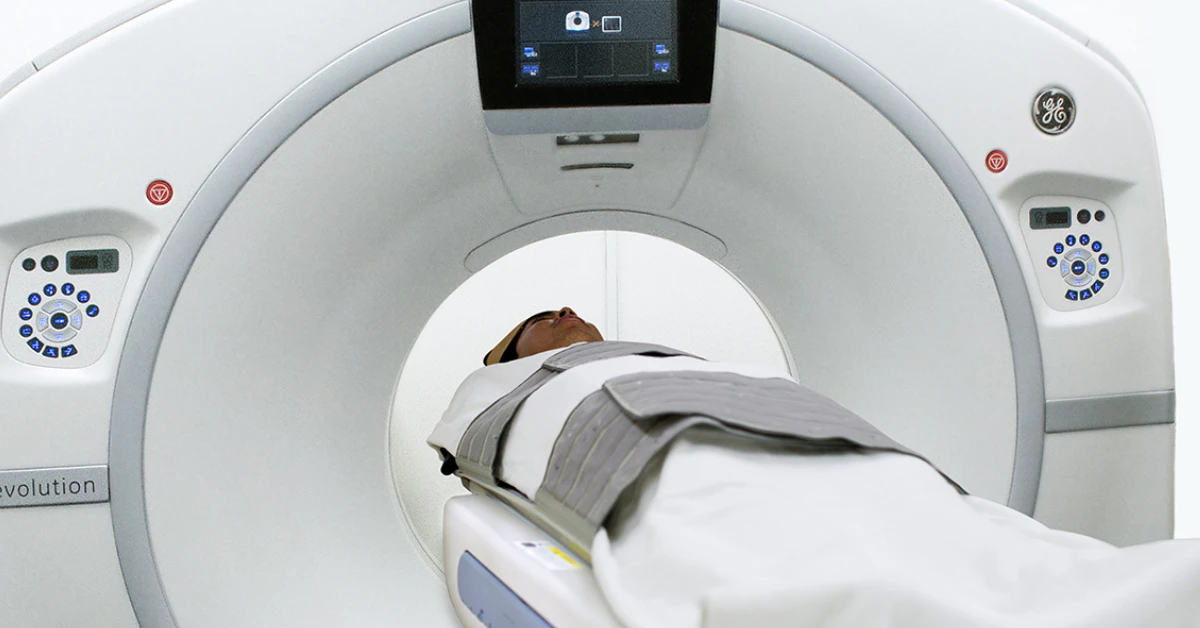
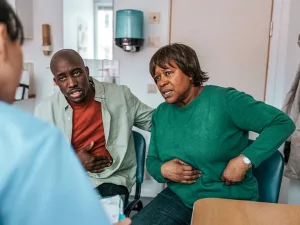
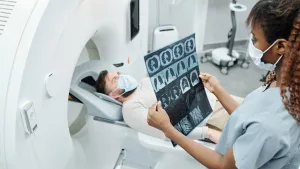

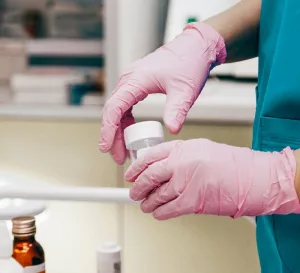
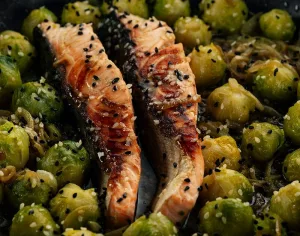
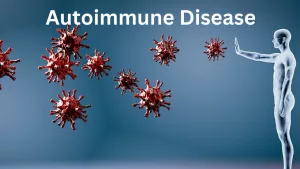
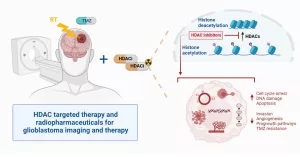
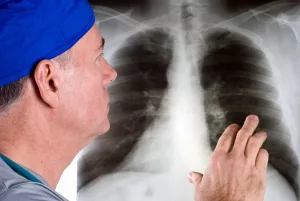
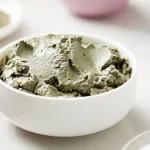

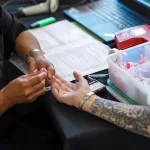
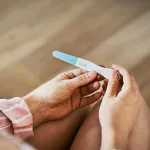
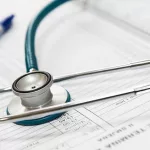
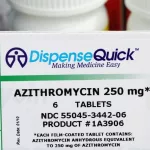
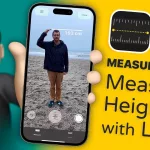

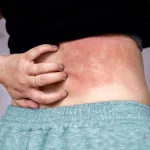
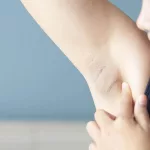
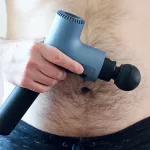
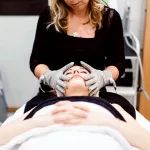


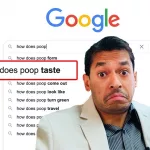
Leave a Reply
You must be logged in to post a comment.